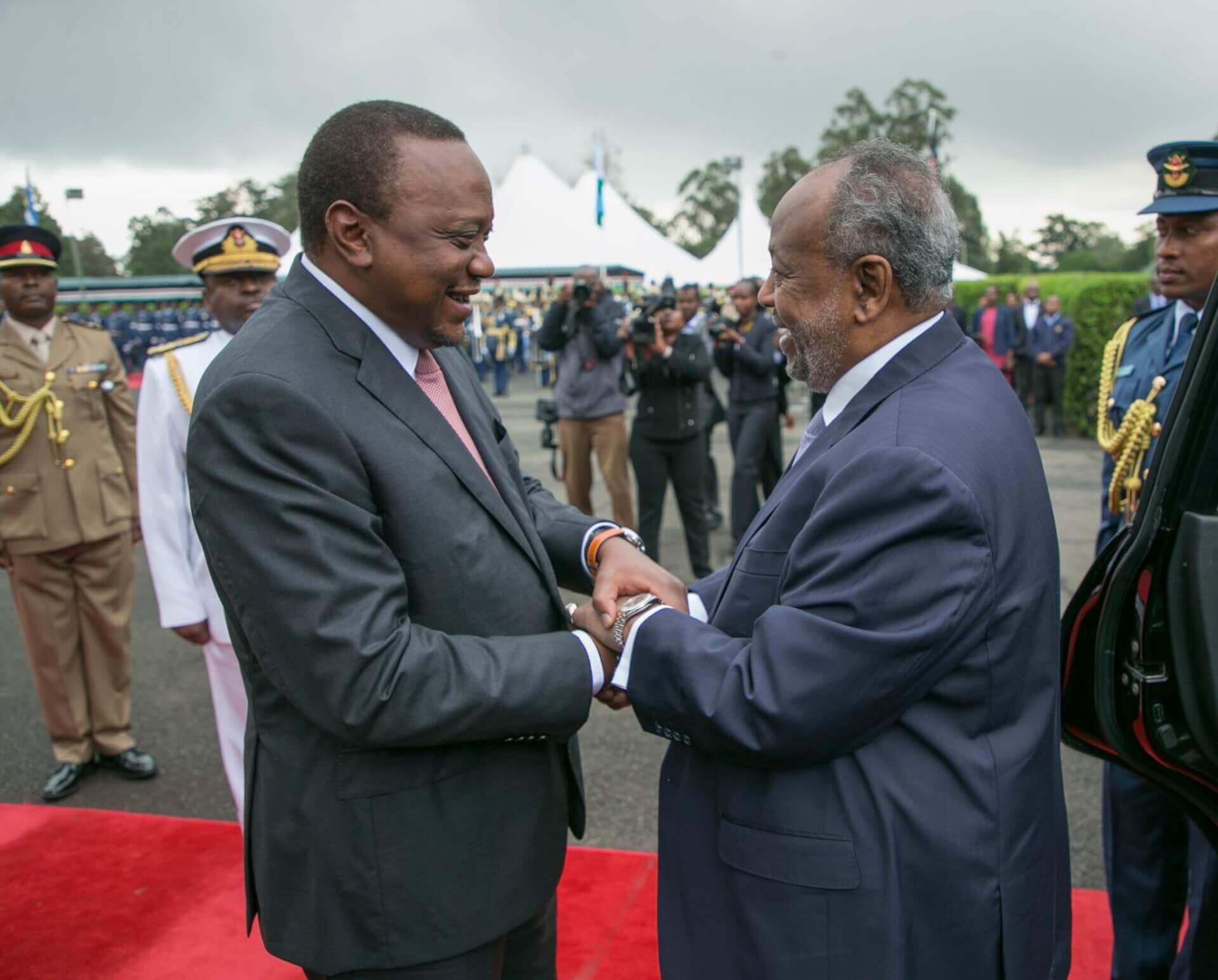Last week, Kenya won a seat at the United Nations Security Council (UNSC) after gaining a two-thirds majority in the UN General Assembly (UNGA) in a second round of voting. It was up against Djibouti for the African bloc’s seat, and the two countries had been embroiled in a months-long battle for the coveted position. Kenya gathered 129 votes to Djibouti’s 62.
Kenya now joins India, Ireland, Norway, and Mexico as the new non-permanent members of the UNSC, beginning its two-year term on January 1 of next year. The Council has five permanent members—the United States (US), the United Kingdom (UK), China, Russia, and France—and ten non-permanent members, with five members elected each year following the conclusion of another five countries’ two-year terms. The council is closely involved in matters of international peace and security, and discusses matters of extreme international importance, such as launching wars and imposing sanctions.
Also Read: Kenya and Djibouti Tussle for African Bloc’s Seat at the UNSC
While Kenya held the support of the African Union (AU), a continental intergovernmental organization comprised of 55 African states, Djibouti sought to go it alone, arguing that Kenya’s application should be void based on the rotation principle, as it has already held a seat on the UNSC in the past–in 1977-1978 and 1997-1998. Although Djibouti did hold a seat from 1993-1994, its candidature was technically more legitimate, based on AU principles, given that Kenya held the seat more recently.
However, it is clear that this principle is not followed, as South Africa has held the UNSC seat three times in the past twelve years, while Nigeria won its bid in 2012 and 2014 as well. Thus, both countries were looking to replace South Africa for the region’s one remaining seat at the Council. Niger and Tunisia were already seated as non-permanent members of the UNSC in January.
During the AU secret ballot that preceded this battle, Kenya gathered 37 votes to Djibouti’s 13. However, Djibouti contended that the AU is not an “organ that is […] authorized” to hold the vote. The Djibouti Embassy in Nairobi said that “any decision made by an entity not competent to do so should be considered null and never be depended on, and is incapable of creating any law.”
In response, Kenya said that Djibouti’s decision to continue running “brings dishonor and disrepute to the African Union.” However, Djibouti countered that it was Africa’s ‘legitimate’ candidate, terming the AU’s decision-making process as ‘illegal’, as the AU had circumvented its own principle of rotation.
The battle also had undertones of the conflict between the global east and the global west, wherein China and Russia backed Djibouti, while the US, France, and the United Kingdom (UK) stood behind Kenya. At the same time, it brought about tensions between the Anglophone and Francophone countries of Africa. If Djibouti had secured the seat, then all three of Africa’s members at the UNSC would have been French-speaking countries, alongside Tunisia and Niger.
Despite these tensions, it appears that Kenya and Djibouti have set aside their differences, with the latter respecting the decision of the UNGA. Kenyan President Uhuru Kenyatta thanked Djibouti for its stiff competition, calling it a “worthwhile competition.” Djibouti President Ismail Guelleh, too, congratulated Kenya for its victory.
Kenya’s Foreign Affairs Administrative Secretary, Ababu Namwamba, said, “Maturity entails the ability to draw a distinction between rivalry and enmity. Djibouti has been a very worthy rival in this bid, never an enemy. The campaigns and the vote are behind us now.”
Prior to the AU ballot, Djibouti garnered roughly 100 MoUs from countries that pledged to vote for Djibouti during the UNGA vote, including Pakistan and Somalia. However, at least 40 of these 100 states backed out of supporting Djibouti during the final vote.
Also Read: India, Mexico, Ireland, Norway Elected Into UNSC, Fight for African Seat Continues
Kenya’s goals at the UNSC are listed in its 10-point agenda, which includes: “fighting terrorism, empowering youth and women, environmental conservation, human rights and justice, and sustainable development goals.”
Eighteen states were also elected as members of the Economic and Social Council for a three-year term. The list comprises of: Argentina, Austria, Bolivia, Bulgaria, France, Germany, Guatemala, Indonesia, Japan, Liberia, Libya, Madagascar, Mexico, Nigeria, Portugal, Solomon Islands, United Kingdom and Zimbabwe. Meanwhile, Turkey’s Volkan Bozkir was elected as the President of the UNGA.

